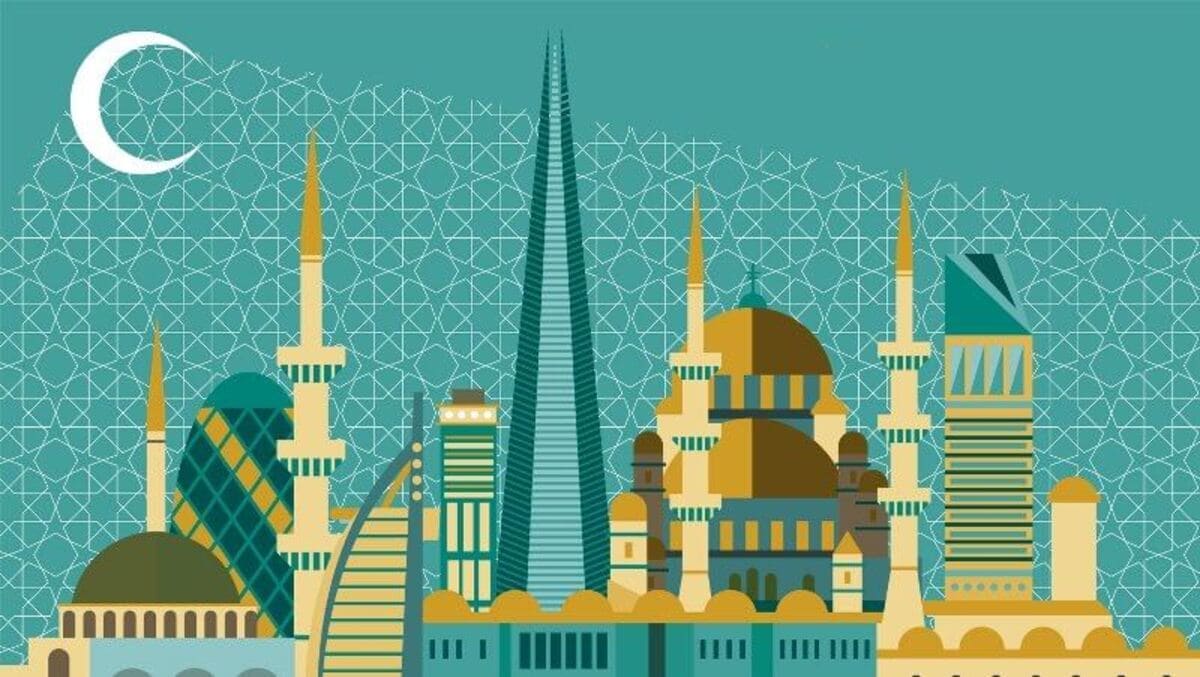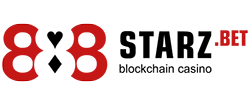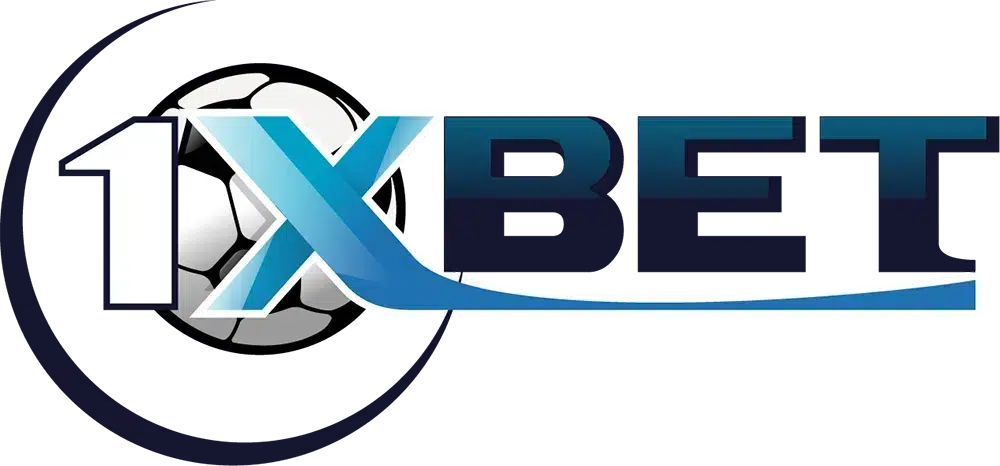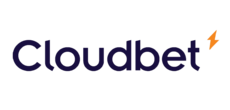Components of the Islamic Financial System

Although governed by specific religious principles, The Islamic financial system has various components that make it a complete system in its own right. Islamic banks, ethical investment funds, takaful insurance and even the Islamic interbank market are all actors and instruments that structure Islamic finance.
This was built as an alternative to conventional finance, considered tspeculative and disconnected rop economic realities. Its objective is to reconcile financial returns and ethical investments, while respecting the precepts of Islamic law (Sharia).
In this article, we will review the different components of the Islamic financial ecosystem. We will analyze the role and specificities of each of these actors.

Get 200% Bonus after your first deposit. Use this promo code: argent2035
Let's go !!
???? The Islamic Development Bank
The Islamic Development Bank (IDB) is an international financial institution that is at the center of the Islamic financial system. It was established on 21 Rajab 1394 (August 12, 1974) in Jeddah in the Kingdom of Saudi Arabia.
It officially started its activities on Chaoual 15, 1395 (October 20, 1975). The BID group is made up of five entities, namely:
- the IDB itself,
- the Islamic Institute for Research and Training (IIRF),
- Islamic Corporation for Private Sector Development (SIDSP),
- the Islamic Insurance Company for Investments and Export Credits (SIAICE),
- International Islamic Trade Finance Corporation (SIIFC).
The IDB's financial year corresponded to the Hijri lunar year, but from January 1, 2016. It was changed to correspond to the Hijri solar year beginning on 11 Capricorn (January 1) and ending on 10 Capricorn (December 31 each year).
Language official IDB is Arabic. But English and French also serve as working languages. Its unit of account is the Islamic dinar which is equivalent to a special drawing right of the International Monetary Fund.
Head office and regional centers
The IDB is headquartered in Jeddah, Kingdom of Saudi Arabia, and has eleven regional centers in Abuja (Nigeria), Almaty (Kazakhstan), Ankara (Turkey), Cairo (Egypt), Dakar (Senegal), Dhaka (Bangladesh ), Dubai (United Arab Emirates), Jakarta (Indonesia), Kampala (Uganda), Paramaribo (Suriname) and Rabat (Morocco).
Mission
The IDB's mission is to promote comprehensive human development. It concentrates its efforts on priority areas such as reducing poverty, improving health, promoting education, improving governance and the prosperity of populations.
Members
The IDB Matters 57 member countries worldwide. Any country aspiring to become a member must be affiliated to the Organization of Islamic Cooperation (OIC). They must then pay the first tranche of their participation in the capital and accept the terms and conditions set by the Board of Governors.
Capital
During his 38th annual meeting, the Board of Governors authorized the 5th general capital increase, which led to 100 billion dinars the amount of authorized capital and 50 billion that of the capital to be subscribed.
Pursuant to the same resolution, the Board of Governors authorized the appeal of the portion due under the 4th general increase. At the end of the 2018 financial year, the subscribed capital of the IDB amounted to 50,2 billion of Islamic dinars.
???? The Accounting and Auditing Organization for Islamic Financial Institutions (AAOIFI)
The second component of the Islamic financial system is the AAOIFI. AAOIFI is an independent non-profit organization founded in 1991 by several Islamic central banks.
The birth of this organization was a response to the need for comparability of the financial statements of Islamic banks. Its mission is to develop Islamic rules and standards in accounting, auditing and corporate governance.
The role ofAAOIFI
Specifically, the AAOIFI aims to:
- develop a Sharia-compliant accounting, auditing, governance and ethical thinking model;
- broadcast these models through seminars, publications, reports, research, etc.;
- create accounting and auditing standards within Islamic financial institutions, to harmonize and interpret them.
In sum, the ultimate mission of the AAOIFI is the standardization and harmonization of Islamic financial practices. The standards it creates are called the Financial Accounting Standards (FAS).
Islamic accounting standards
To produce accounting standards specific to BIs, AAOIFI members have the choice between two diametrically opposed approaches:
First, they can make a clean sweep of Western accounting standards (IFRS standards). In doing so, they rely on Islamic foundations and objectives to develop appropriate accounting standards. Then they can analyze standards international accounting standards in relation to the Islamic framework. Adopt those that are suitable for Islamic finance.
They develop accounting standards only if the international accounting standards have either remained silent on the accounting treatment of certain specific points or have adopted points of view contrary to the fundamental principles of the IF.
🌿 The Islamic Financial Services Board (IFSB)
The third important component of the Islamic financial system is Islamic Financial Services are built on? (IFSB). It was established in 2002 with the aim of ensuring the prosperity and stability of Islamic finance.
Thus, its mission is to develop and update international regulations and standards in accordance with the sharia. This is to promote transparency in the services offered by Islamic finance. The main purpose of the standards published by the IFSB is the prevention and management of risks associated with the use of products from Islamic finance.
🌿 The International Islamic Fiqh Academy (IIFA)
The fourth component of the Islamic financial system is The International Islamic Fiqh Academy (IIFA). It is a Sharia council which brings together Muslim jurists who are members of the Organization of the Islamic Conference.
Its role is to study and formulate legal opinions (fatwas) aiming to serve as a common position on economics, finance and banking.
The IIFA brings together Muslim jurists particularly experienced in the field of transactions and strongly involved in contemporary economic or financial issues.
Many Islamic financial institutions generally call on the IIFA through their Shariah board to ensure that their operating rules are consistent with those issued by the IIFA.
🌿 The International Islamic Financial Market (IIFM)
The International Islamic Financial Market (IIFM) is an organization established in 2002 and based in Manama, Bahrain. Its objective is to standardize and harmonize practices in Islamic capital markets internationally.
Specifically, IIFM seeks to establish unified standards in legal documentation and issuance processes to facilitate cross-border transactions of Islamic financial products. The organization focuses on several key instruments such as sukuk (Islamic bonds) and Sharia-compliant foreign exchange operations.

Get 200% Bonus after your first deposit. Use this official Promo code: argent2035
To develop these standards, IIFM relies on collaboration between the main players in the Islamic finance industry on a global scale. Central banks, sukuk issuers, stock exchanges, legal firms and even regulators are stakeholders on the organization's board.
Through the publication of guides and standard contracts adapted to the specificities of Islamic finance, IIFM aims to strengthen the integration and harmonization of Islamic financial markets. Its action is essential to promote cross-border capital flows and the connectivity of this growing ecosystem.
???? La Liquidity Management Center (LMC)
Le Liquidity Management Center (LMC) is an institution created in 2002 under the leadership of the Islamic Development Bank. Its objective is to facilitate liquidity management and optimal allocation of funds for Islamic banks and financial institutions.
Concretely, the LMC offers various solutions to enable Islamic finance players to better manage their liquidity surpluses and deficits. It provides them with a liquidity clearing service between Islamic banks, making it possible to pool needs.
The Center has also put in place a common liquidity management mechanism. The funds are placed on Islamic financial markets, with profits and losses shared between member institutions. Short-term investment instruments are also offered to optimize the profitability of excess liquidity.
At the same time, LMC offers short-term refinancing mechanisms to Islamic financial institutions facing financial difficulties. sudden cash needs. Thanks to all of these mechanisms, the Center plays an increasing role in streamlining and optimizing liquidity management within Islamic finance.
🌿 The International Islamic Rating Agency (IIRA)
The International Islamic Rating Agency (IIRA) is a rating agency specialized financial ratingin the analysis of Islamic financial institutions.
Created in 2005 and based in Bahrain, IIRA's mission is to provide credit ratings as well as financial analyzes of Islamic finance players. Its particular focus is on the assessment of Islamic banks, takaful insurance companies, Islamic investment funds and sukuk (Islamic bonds).
The agency analyzes the financial solidity of these institutions as well as their compliance with the precepts of Sharia (Islamic law). Its credit ratings range from AAA for the lowest risk players to D for those in default.
The ratings and analyzes produced by IIRA are used by different players in the world of Islamic finance. Regulators use it to monitor risks. Investors take them into account when evaluating investment opportunities. And other conventional rating agencies rely on it to better understand the specificities of Islamic financial products.
IIRA's added value lies in its deep knowledge particularities of Islamic finance. Its rating methodology integrates specific factors such as respect for the principle of sharing profits and losses or the exclusion of activities not in conformity with Muslim ethics.
With the continued growth of Islamic finance across the world, the role of specialist rating agencies like IIRA is set to grow in importance. They make it possible to increase transparency and trust in this alternative financial system.
???? The International Islamic Center for Reconciliation and Arbitration (IICRA)
The International Islamic Center for Reconciliation and Arbitration (IICRA) is an international organization based in Dubai. Created in 2005 under the aegis of the Islamic Development Bank, it specializes in mediation and arbitration of Islamic financial disputes.
IICRA's mission is to provide dispute resolution services consistent with the principles and values of Islamic finance. His areas of expertise cover mediation in banking disputes involving Islamic financial institutions, arbitration for disputes relating to Islamic financial transactions, but also the training of judges and mediators in Islamic finance.
The organization is also recognized for its expertise in certifying Islamic financial contracts in terms of Sharia compliance. It also develops standard dispute resolution clauses, integrated into the financial contracts of banks and Islamic financial institutions.
The interest of IICRA is to offer private justice solutions (mediation, arbitration) perfectly adapted to the specificities of Islamic finance. Its services are based on the values of fairness, ethics and religious conformity which are at the heart of this alternative financial system.
Thanks to its in-depth expertise in resolving Islamic financial disputes, IICRA has become an international reference in this field in just a few years. Based in Dubai, it is strategically positioned in the heart of one of the world's leading hubs for Islamic finance.
🌿Council for Islamic Banks and Financial Institutions (CIBAFI)
The Council for Islamic Banks and Financial Institutions (CIBAFI) is an international organization founded in 2001 and based in Bahrain. Its mission is to promote and develop the Islamic financial services industry across the world.
More specifically, CIBAFI defends the interests of Islamic banks and financial institutions. It also seeks to strengthen cooperation between stakeholders and facilitate the exchange of knowledge and good practices within this sector.
The organization also participates in the development of public policies and regulations relating to Islamic finance. It promotes the adoption of strict standards of governance and risk management by Islamic financial institutions.
To fulfill its mission, CIBAFI implements numerous actions : organization of international conferences, publication of studies and research reports, offering training and certifications to Islamic finance professionals.
With more than 130 members from 34 countries, CIBAFI has established itself today as the main representative and lobbying body for the global Islamic financial services industry. Based in Bahrain, it is at the heart of one of the major Islamic financial centers.
Conclusion
At the end of this analysis, we note that Islamic finance has gradually acquired a complete and structured ecosystem, with various actors who interact to allocate resources in accordance with the precepts of Muslim ethics.
Commercial banks, capital markets, takaful insurance and even ethical investment funds make up the main parts of this alternative financial structure.
Supported by standardization, regulation and Sharia compliance bodies, they form an integrated system operating according to the principles of profit and loss sharing, the prohibition of ribâ and ethical financing only.
Driven by the growing demand from Muslim populations but also by a attraction to ethical finance At the global level, Islamic finance is expected to continue to grow in the years to come. We can bet that its system will continue to be strengthened to offer a credible alternative to conventional finance.





















Leave comments